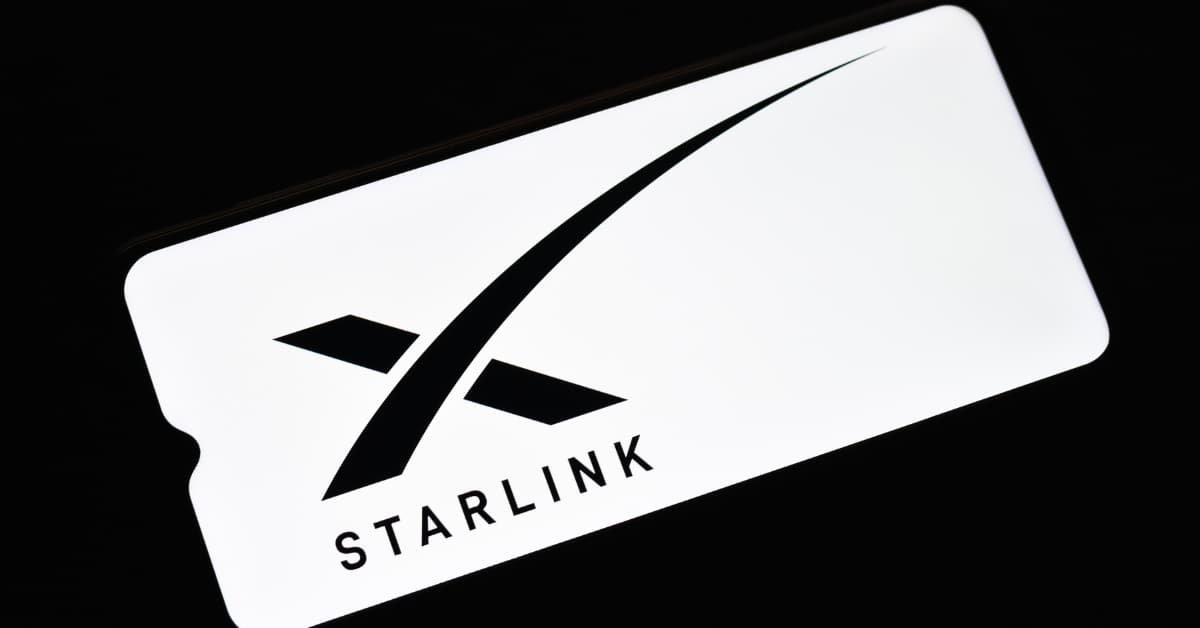As Starlink prepares to enter the Indian market, the Elon Musk-led satellite internet provider is expected to price its monthly subscription plans between ₹3,000 and ₹4,200. According to a Business Standard report, Starlink kits—which include a satellite dish and a Wi-Fi router—will be sold at around ₹33,000. These kits will be available through retail outlets of major telecom players Airtel and Reliance Jio, who have signed separate distribution agreements with Starlink.
The pricing in India will mirror that of other South Asian nations like Bangladesh and Bhutan, where Starlink launched earlier this year. However, monthly charges may be slightly higher than those in African markets such as Zimbabwe and Madagascar. Despite India’s vast potential, the company is unlikely to lower its prices to attract more customers due to limited satellite capacity and high global operational costs. Sources indicate that Starlink will retain its premium positioning, with the ability to serve only around 1 million users in the near term.
This aligns with a February note by brokerage Jefferies, which estimated that Starlink could initially support around 180,000 users in India, with potential to scale up to 5.7 million by 2030—assuming a 30-fold increase in satellite capacity.
Currently operational in over 125 countries, Starlink has deployed more than 7,600 low Earth orbit (LEO) satellites and aims to grow its fleet to 12,000. Recently, it received a Letter of Intent from India’s Department of Telecommunications (DoT) and key approvals from the telecom ministry, paving the way for its launch in the country.
The company is also exploring partnerships with domestic telecom and satcom firms like Hughes, Nelco (Tata Group), and BSNL to strengthen its foothold in India. However, regulatory hurdles persist. The DoT recently issued 29 strict compliance conditions for satcom licenses, including requirements for real-time tracking, local data handling, and lawful interception. Starlink has reportedly agreed to adhere to these norms.
Meanwhile, the Indian government has sanctioned a ₹900 crore satcom monitoring centre to oversee growing activity in the sector. Other players like Amazon-backed Project Kuiper and Apple supplier Globalstar have also applied for necessary permissions to enter the Indian satcom market.

